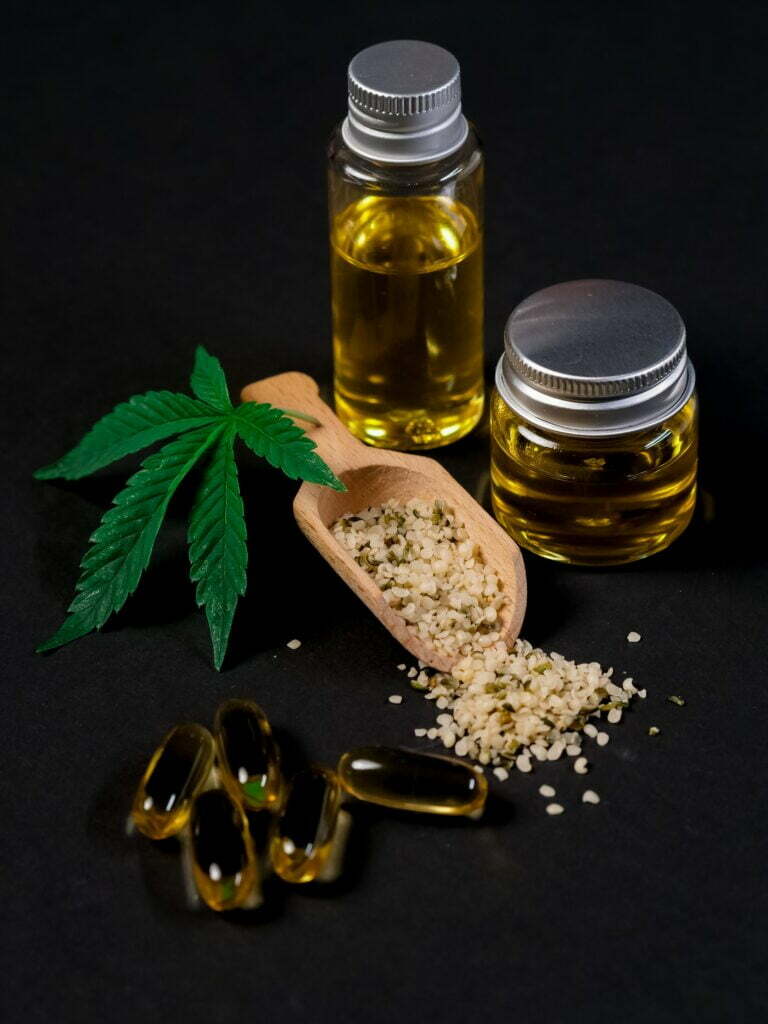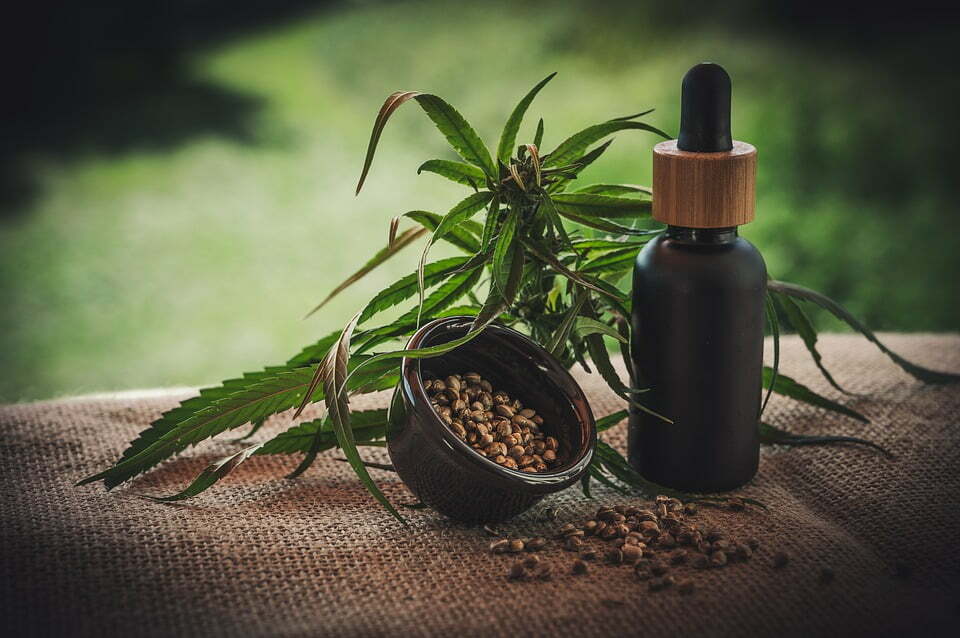What is CBD?
CBD or cannabidiol is one of the many cannabinoids contents of marijuana. It is a popular ingredient for the natural products industry and is the common subject of cannabis research along with THC.
CBD is characterized for being non-psychoactive, as it has no impact on your cognitive brain activity. In short, it will not make you “high.” It is unlike THC or tetrahydrocannabinol, where intense feelings of euphoria are normally experienced since it’s a psychoactive compound of weed.
How CBD, and cannabinoids in general, affect humans is due to the endocannabinoid system. Interestingly, your brain and other parts of your body are equipped with cannabinoid receptors that are responsible for absorbing cannabinoid molecules into your system.
Since CBD is non-psychoactive and therapeutic, so many people prefer it compared to high-THC marijuana strains. This cannabinoid is becoming well-liked by many who wants to reap the health benefits of weed without becoming too stoned. CBD has been proven to relieve pain, lessen anxiety and depression symptoms, fight inflammation, and among others.
US sponsored research on CBD
The US government had sponsored substantially much of the scientific research conducted on CBD. Investigating into CBD’s potential treatment for various illnesses and diseases that were affirmed by patients’ and physicians’ anecdotal accounts. It can potentially cure:
- autoimmune diseases
- neurological conditions
- metabolic syndrome
- neuropsychiatric illnesses
- gut disorders
- cardiovascular diseases
- skin diseases
CBD has been proven to have anti-cancer and neuroprotection properties too. Not only that, but CBD-infused cannabis products can also be applied topically for medication or cosmetics purposes.
High CBD contents are usually found and produced in many popular cannabis strains such as Acapulco Gold, Bedrocan, Blue Dream, Purple Kush, etc.









